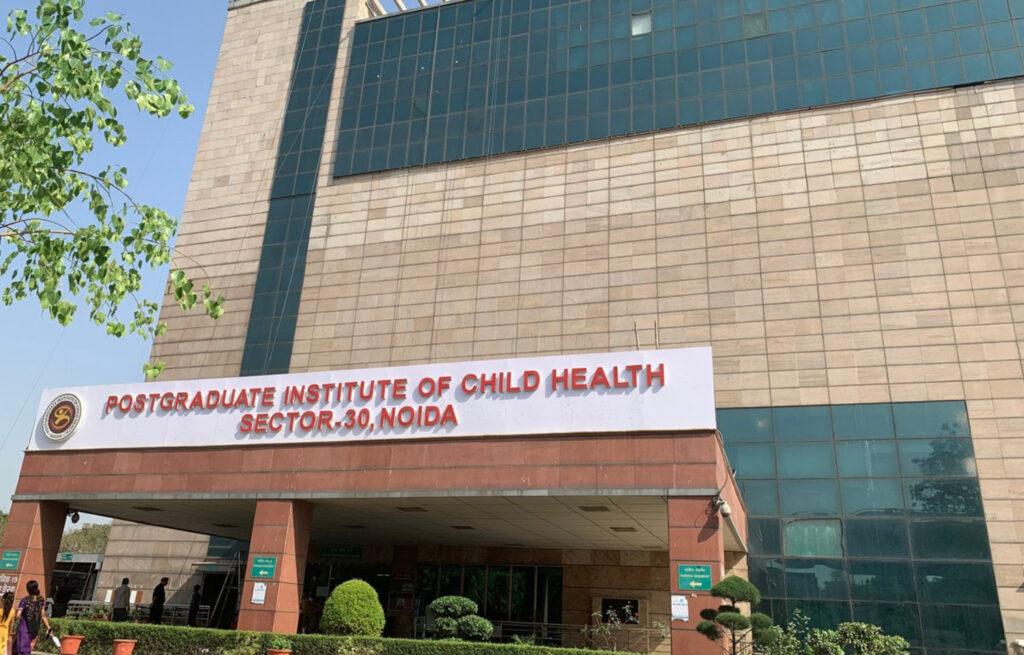Once a top performer in e-Sanjeevani consultations, the Child Postgraduate Institute (PGI) hospital has not carried out any consultations through the national portal since February this year. Till now, the institute has done 25,124 consultations, but for the last few months, there have been no additions to the figure.
Earlier, for every 15 consultants registered on the portal, Child PGI would assign four computers. These are now being used in other departments along with the furniture.
The tenure of Dr Major BP Singh, who gave over 25,000 tele-consultations at Child PGI, ended in February this year. Before February, the institute conducted 130 e-consultations per day.
Currently, Government Institute of Medical Sciences (GIMS) has a cumulative 95,000 consultations.
As per the data from the E-Sanjeevani portal dated July 5, PGICH conducted zero tele-consultation sessions, while GIMS in Greater Noida conducted 79 sessions in a day and has completed 95,424 sessions so far.
When contacted by Dr Mukul Jain, chief medical superintendent, at Child PGI, he said, “The response from patients had reduced on the portal, which led to no consultation in the past few months.”

The E-Sanjeevani tele-medical consultation platform of the Uttar Pradesh government is available every day between 9am to 5pm. Started off as a temporary arrangement to keep up with the general OPD services during the initial Covid waves, the E-Sanjeevani telemedical consultation is now helping reduce the pressure on district hospitals and reduce logistic costs for patients in remote areas.
Earlier, tele-consultations were available through tertiary health centres, but now the e-Sanjeevani mobile application has enabled patients to use the app to consult doctors for general as well as specialty consultations on their own.
The doctors who have been regular on the e-Sanjeevani portal providing tele-consultations said the system is a test of medical expertise as one cannot physically examine the patient.
In the e-Sanjeevani OPD, patients can either choose to open their camera and microphone and directly speak to the doctors or can write their problem along with their symptoms in the chat box. Based on the information, the doctors at these tele-consultation OPDs generate a digital prescription, which remains in the patient’s records on the application database.
The experts also said this free service has ended the malpractice of buying over-the-counter medicines from pharmacy shops to avoid heavy consultation charges. Even the specialty doctors’ advice is available online for free.



